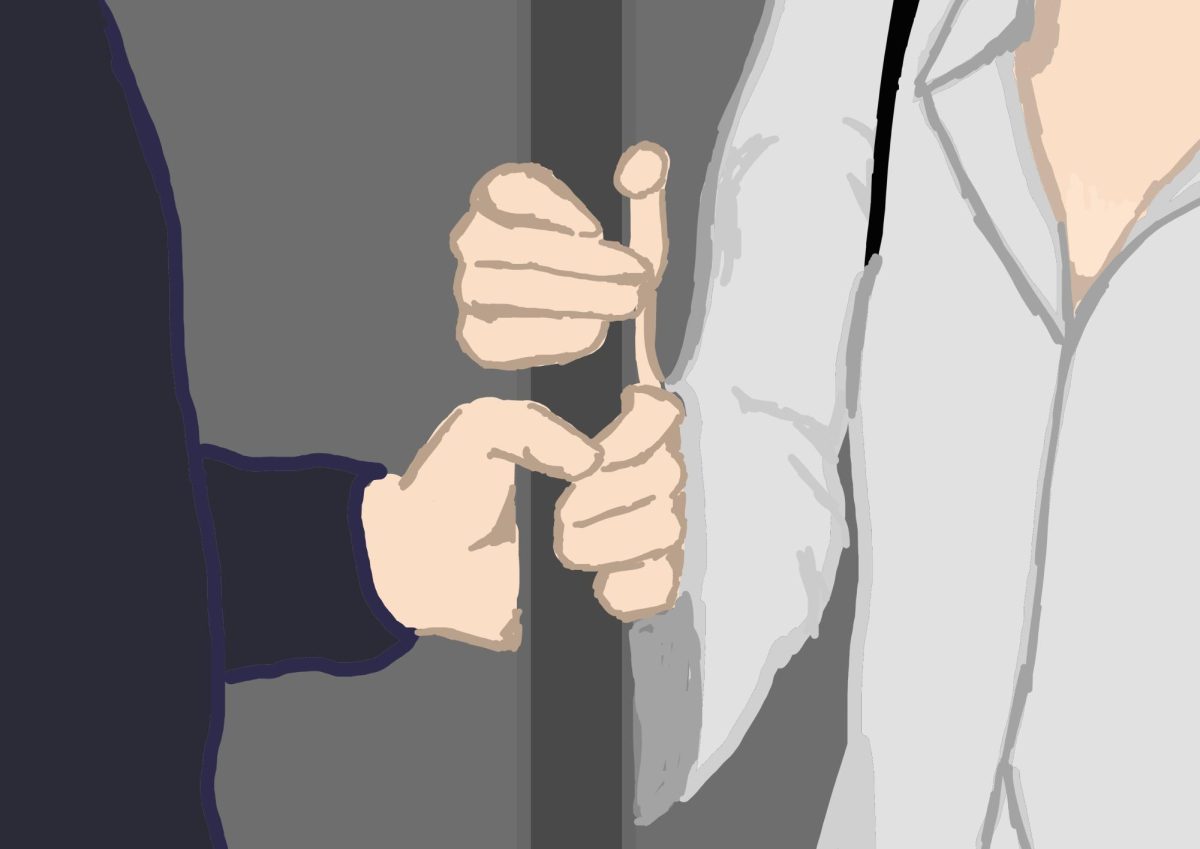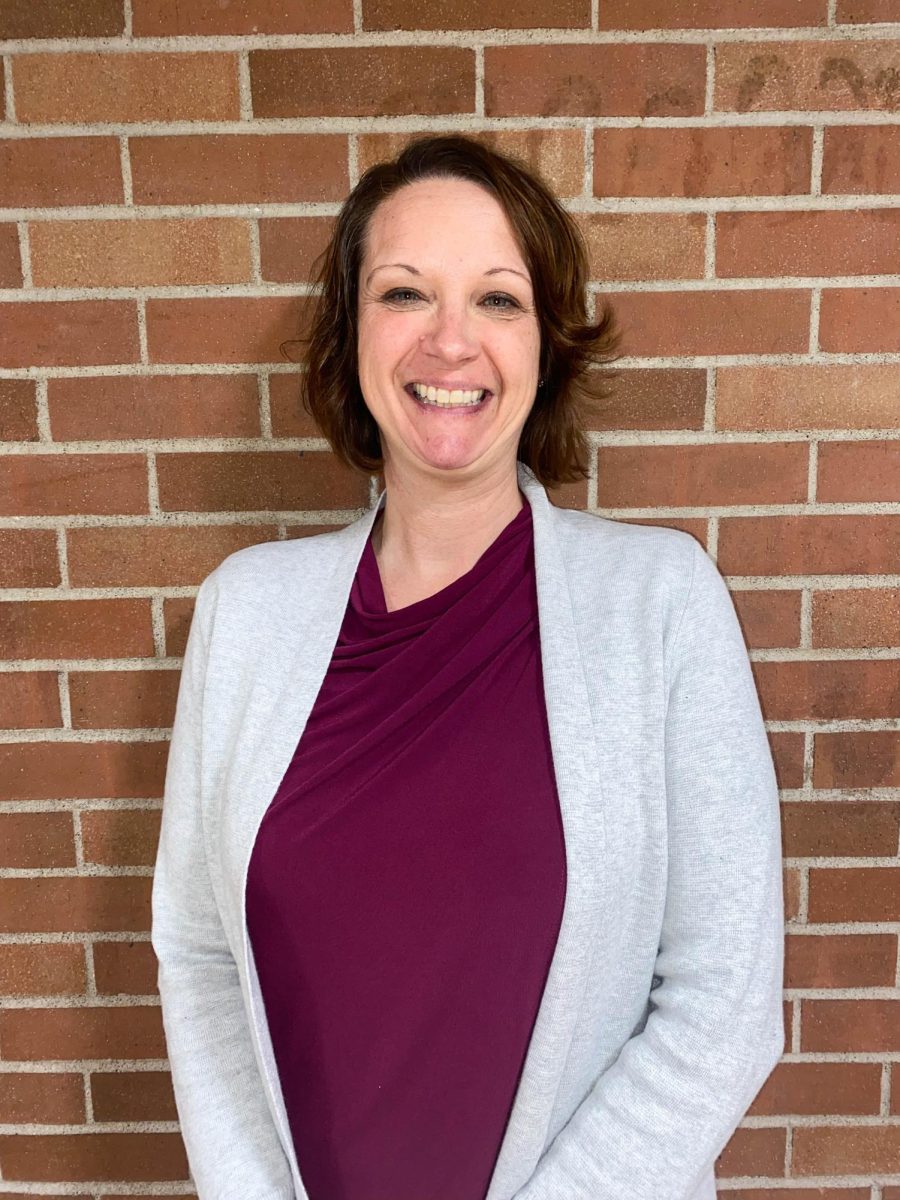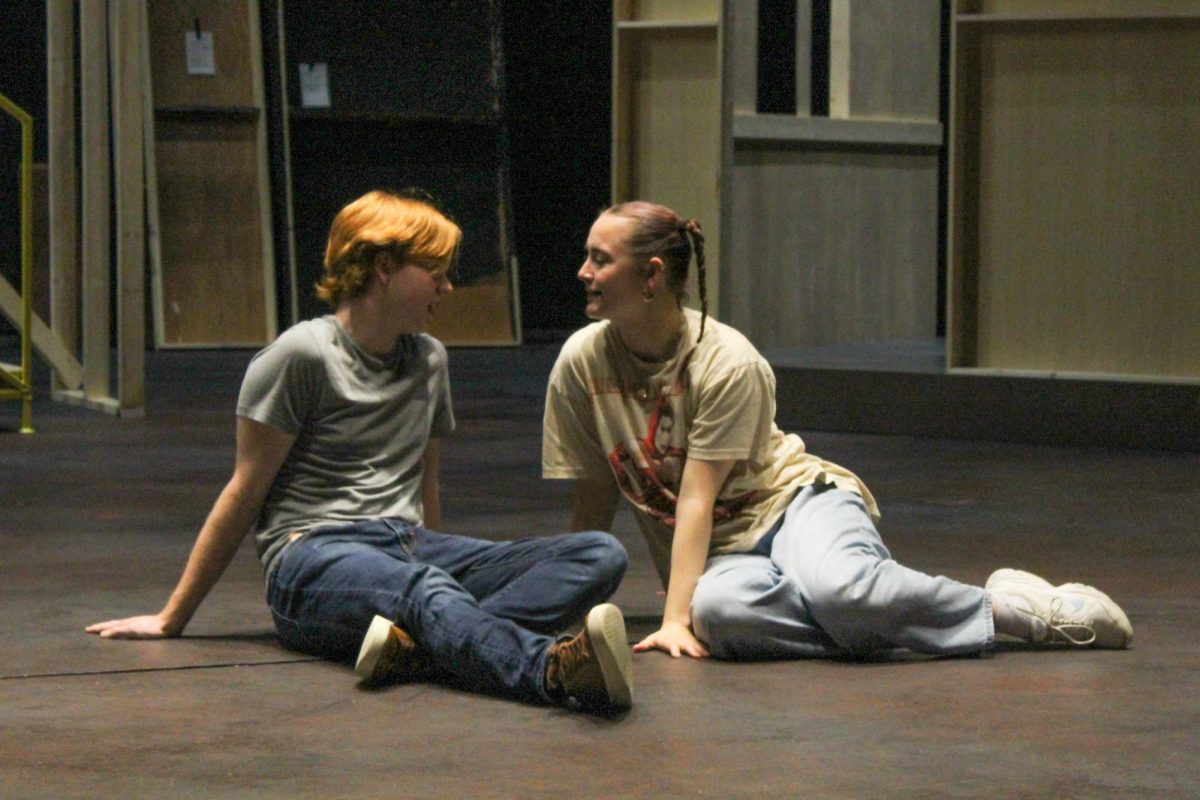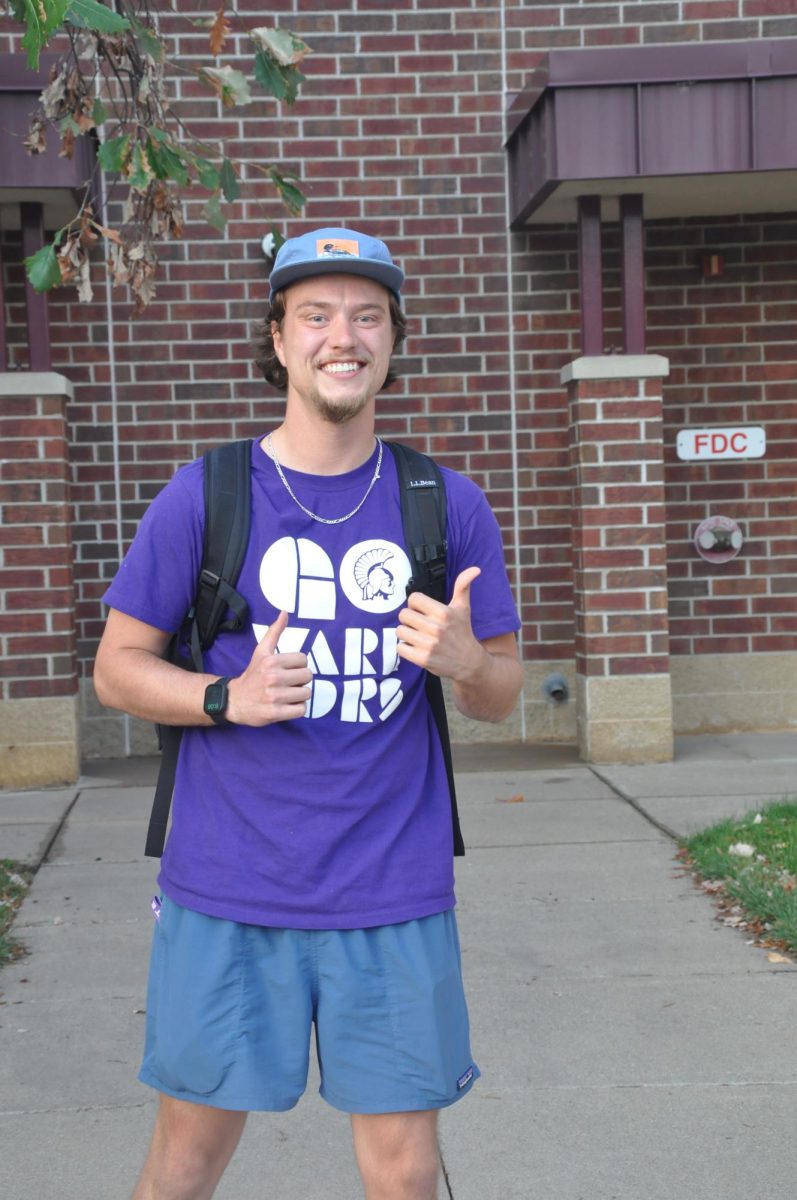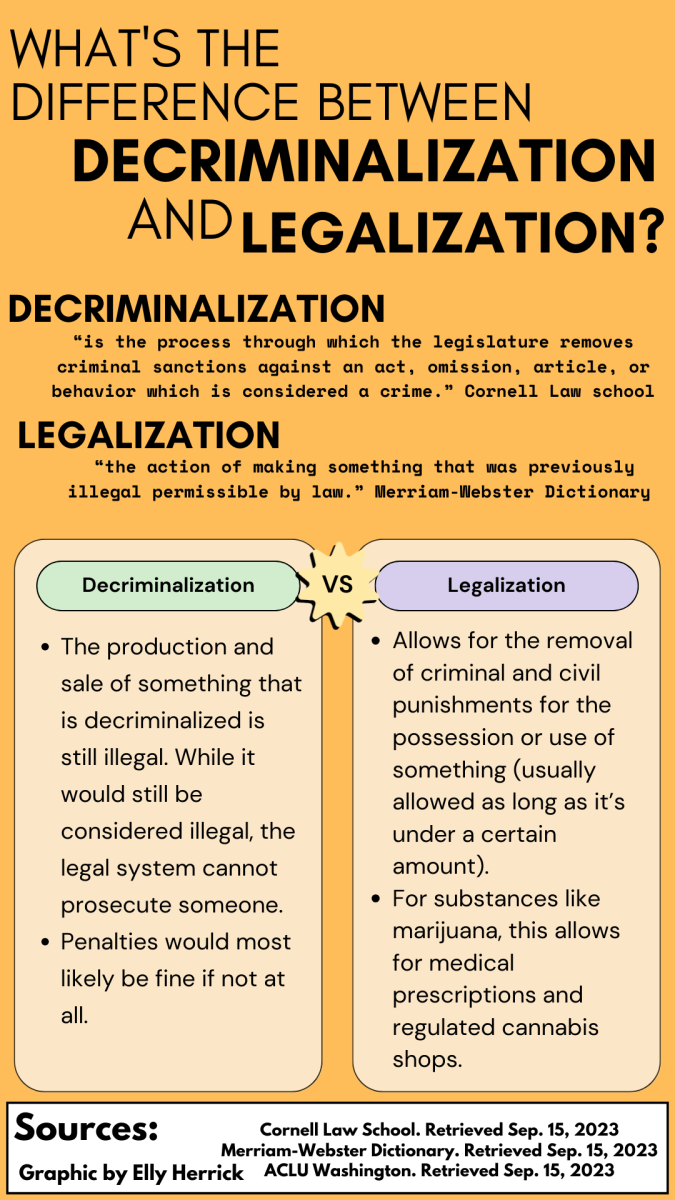Abby Derkson/Winonan
Last Tuesday slam poet Al Letson talked about the power of stories, which he used to commemorate Martin Luther King Jr. Day last Tuesday.
A playwright, radio host and poet, Letson’s slam poetry session focused on “empowerment through spoken word.”
Letson told students about his upbringing and what influenced him to write and perform poetry.
In the early 1990s, he turned away from what he described as “hardcore gangsta music” after listening to Bill Moyers’s “The Language of Life.” Letson said Moyers’s work helped him realize his purpose in life. He worked on developing his poetry and hoped one day he could impact others the way he was. That, he said, was his purpose.
“Art without purpose is vanity,” Letson said, “and I don’t want to be involved in vanity.”
To Letson, his job as an artist was to perform what the audience needed to hear and speak to something larger. In his work he strove to tell the truth, even if it was difficult.
“Truth can be ugly, hard and bitter,” he said. “What’s beautiful is if you can deal with it. Truth is hard stuff, and we need to pay honor to the hard stuff.”
For junior Mary Schulberg, slam poetry was not just entertainment but also a potential way to reach out to people, especially people who might not like written poetry.
“Slam poetry is something that’s out there and more dramatic and edgy,” Schulberg said.
Schulberg spoke of slam poetry’s effect from personal experience.
“Right now I’m going through a breakup,” she said. “If I were reading a poem about a breakup, it would not resonate with me as much as it would if I were watching a slam poet. There I can visibly see the emotions and can connect with them on a more intimate level.”
For Letson, the purpose of his art was not to become famous, but to reach out to others.
“You have to figure out how to move words around to move people. Story is the way you reach beyond the boundaries.”
That Tuesday evening at 7 p.m. in East Hall, Letson told the story of Bayard Rustin, a key member and organizer of the civil rights movement. Director of inclusion and diversity Alexander Hines spoke of the importance of honoring little-known leaders like Rustin.
“There are people in the movement that are not in the history books,” Hines said. “We’re just trying to raise awareness. It’s amazing how powerful stories can be, and some people don’t want to hear them.”
What Letson hoped to accomplish in his presentation was to show students that there were people involved in the movement who were excluded from the history books.
“People tend to simplify the civil rights narrative,” he said. “We zoom it in and make it one person or one event but there were many people and organizations doing something too.”
Many students might not have known that Bayard Rustin was responsible for organizing the march on Washington D.C., where King delivered his iconic “I Have a Dream” speech. Rustin was the person who spoke to King about practicing non-violence and what that entailed.
Rustin was also gay. That, as Letson said, might be the reason why so few people know about his story. Rustin’s sexuality was a frequent concern amongst civil rights leaders. Rustin often stepped away from the spotlight or events because of critics attacking his sexuality.
“If Rustin were not gay,” Letson said, “he very well could have been the Martin Luther King Jr. that we know about.”
For Letson, the problems the civil rights movement addressed have lessened but have not disappeared.
“Society moves forward but there are still problems being ignored,” he said.
On what the future might hold, Letson said he hoped people would have real, uncomfortable discussions. He said, “Learning comes from friction. You only make change when everyone is at the table.”
Contact Abby at [email protected]
































